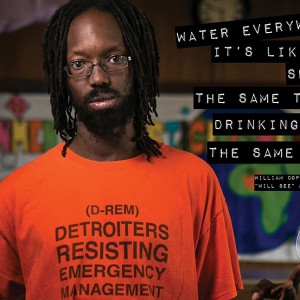The Stream, August 19: South Asia Could Lose 9 Percent GDP Due to Climate Change
Asia
The South Asia region could lose as much as 9 percent of its annual gross domestic product by 2100 if nothing is done to curtail climate change, according to a new report from the Asian Development Bank, AlertNet reported. Increasingly common extreme weather events are expected to damage infrastructure, agriculture and human health in the region, hitting the Maldives hardest.
Natural Resources
The world has already used up as many resources as the Earth can sustainably supply this year, and has also expelled as many waste products as it can support, according to international sustainability think tank Global Footprint Network, the Guardian reported. The Network calls this point in the year “Earth overshoot day” and says it continues to occur earlier—shifting from October in the year 2000 to August 19 this year.
Drought
Scarce water supplies due to a drought in Cameroon are exacerbating a cholera outbreak,a disease spread through contaminated water and food, Inter Press Service reported. Residents of communities in the region are forced to find water by digging in dried river beds, which are used by both people and animals for water.
A new Water Research Center in Georgia is focusing on how to improve water management and efficiency at electric power utilities in the southeastern United States, E&E reported. Water scarcity is a growing concern for power plants in the region, which has faced severe droughts and competition for water in recent years.
Investment in Australian agriculture is well below the projected $US 558 billion that will be needed by 2050 to keep the industry growing, Reuters reported. One barrier to investment is concern about drought—just 25 percent of farmers plan to increase investment this year, in part due to a forecast El Nino.
A news correspondent for Circle of Blue based out of Hawaii. She writes The Stream, Circle of Blue’s daily digest of international water news trends. Her interests include food security, ecology and the Great Lakes.
Contact Codi Kozacek







Leave a Reply
Want to join the discussion?Feel free to contribute!